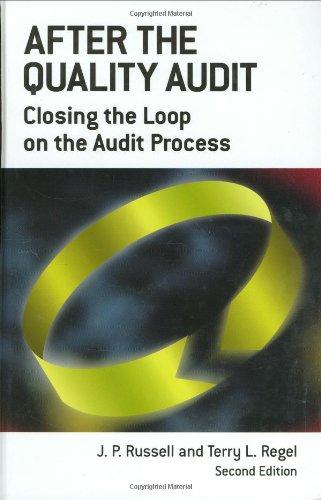Answered step by step
Verified Expert Solution
Question
1 Approved Answer
12) If the face interest rate is less than the market rate, the bond will sell at: A) Call price. B) Face value. C) A
12) If the face interest rate is less than the market rate, the bond will sell at:
A) Call price.
B) Face value.
C) A premium.
D) A discount.
13) A bond is issued at premium:
A) When a bond's stated interest rate is equal to the market interest rate.
B) When a bond's stated interest rate is less than the effective interest rate.
C) When a bond's stated interest rate is less than the market interest rate.
D) When a bond's stated interest rate is higher than the market interest rate.
14) The reason investors buy bonds is to:
A) Earn interest.
B) Own controlling interest in the company.
C) Exercise voting rights in a company.
D) Receive dividend payments.
15) The interest rate on which cash payments to bondholders are based is the:
A) Market rate.
B) Discount rate.
C) Stated rate.
D) Amortization rate.
16) When a bond is sold at a price higher than the face value, the difference is known as a:
A) premium.
B) Discount.
C) Maturity value.
D) Face value.
17) When a bond is sold at a price lower than the face value, the difference is known as a:
A) Premium.
B) Discount.
C) Maturity value.
D) Face value.
18) Unsecured bonds (or debenture bonds) are:
A) Issued on the basis of a corporation's general credit.
B) When the bonds mature on different dates.
C) Give the issuer the right to buy back and retire the bonds before maturity.
D) When all the bonds mature at the same time.
Step by Step Solution
There are 3 Steps involved in it
Step: 1

Get Instant Access to Expert-Tailored Solutions
See step-by-step solutions with expert insights and AI powered tools for academic success
Step: 2

Step: 3

Ace Your Homework with AI
Get the answers you need in no time with our AI-driven, step-by-step assistance
Get Started


